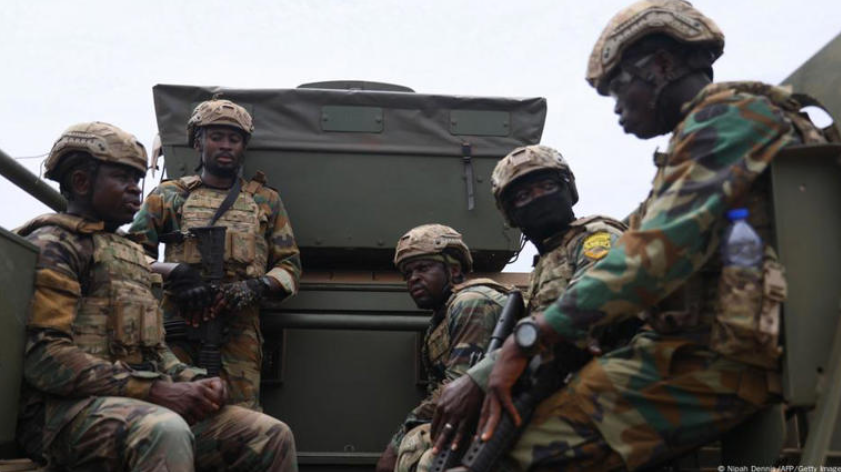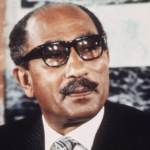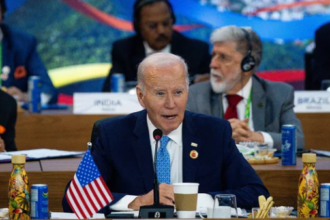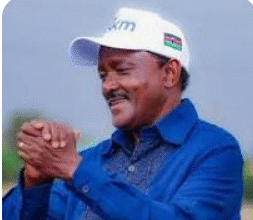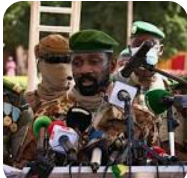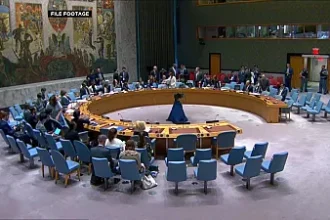Accra, Ghana – Calls are mounting in Ghana for stricter disciplinary action against soldiers involved in misconduct and alleged abuses of power. Recent incidents involving military personnel have sparked public outrage and fueled concerns about the conduct and accountability within the armed forces.
While specific incidents haven’t been publicly detailed, sources suggest that concerns stem from instances of alleged harassment of civilians, excessive use of force, and involvement in activities outside their official duties. These allegations have eroded public trust and prompted calls for the military leadership to take decisive action to address the issue.
Meanwhile, in mid-March, several women, children, and the elderly in Bawku town complained that soldiers from the 11th Mechanized Battalion beat them up.
The battalion stationed in the northern frontier town to monitor and deter a long-simmering chieftaincy and land ownership problem, is located 744 kilometers (462 miles) from the capital, Accra.
“These instances, however isolated they may seem, tarnish the reputation of the entire military and undermine the crucial trust between the armed forces and the citizens they are sworn to protect,” stated Kofi Mensah, a prominent civil society leader. “There needs to be a clear message that such behavior will not be tolerated, and perpetrators will be held accountable to the fullest extent of the law.”
The pressure is coming from various corners, including human rights organizations, community leaders, and even some within the government itself. Many are urging the military high command to conduct thorough investigations into the alleged incidents and publicly disclose the findings.
“Transparency is key,” emphasized Ama Serwaa, a lawyer advocating for increased oversight of the military. “The public has a right to know that these concerns are being taken seriously and that steps are being taken to prevent future occurrences.”
Some are calling for reforms within the military’s training and disciplinary procedures, focusing on reinforcing ethics, human rights awareness, and de-escalation techniques. Others are advocating for increased civilian oversight of the military, arguing that this would help to ensure accountability and prevent future abuses.
The military leadership has acknowledged the concerns raised by the public and assured them of their commitment to maintaining discipline within the ranks. In a recent statement, a military spokesperson said, “The Ghana Armed Forces is committed to upholding the highest standards of professionalism and integrity. We are aware of the concerns raised and will thoroughly investigate any allegations of misconduct. Any soldier found to have violated the law will face the appropriate consequences.”
However, critics argue that more needs to be done beyond just acknowledging the issue. They want to see concrete actions, including swift and decisive punishments for those found guilty of wrongdoing, and meaningful steps to address the underlying issues that contribute to the problem.
As the pressure mounts, the Ghana Armed Forces faces a crucial test in maintaining public trust and confidence. The coming weeks will be critical in determining whether the military can effectively address these concerns and demonstrate its commitment to upholding the highest standards of conduct and accountability. The future relationship between the military and the Ghanaian public could depend on it.


